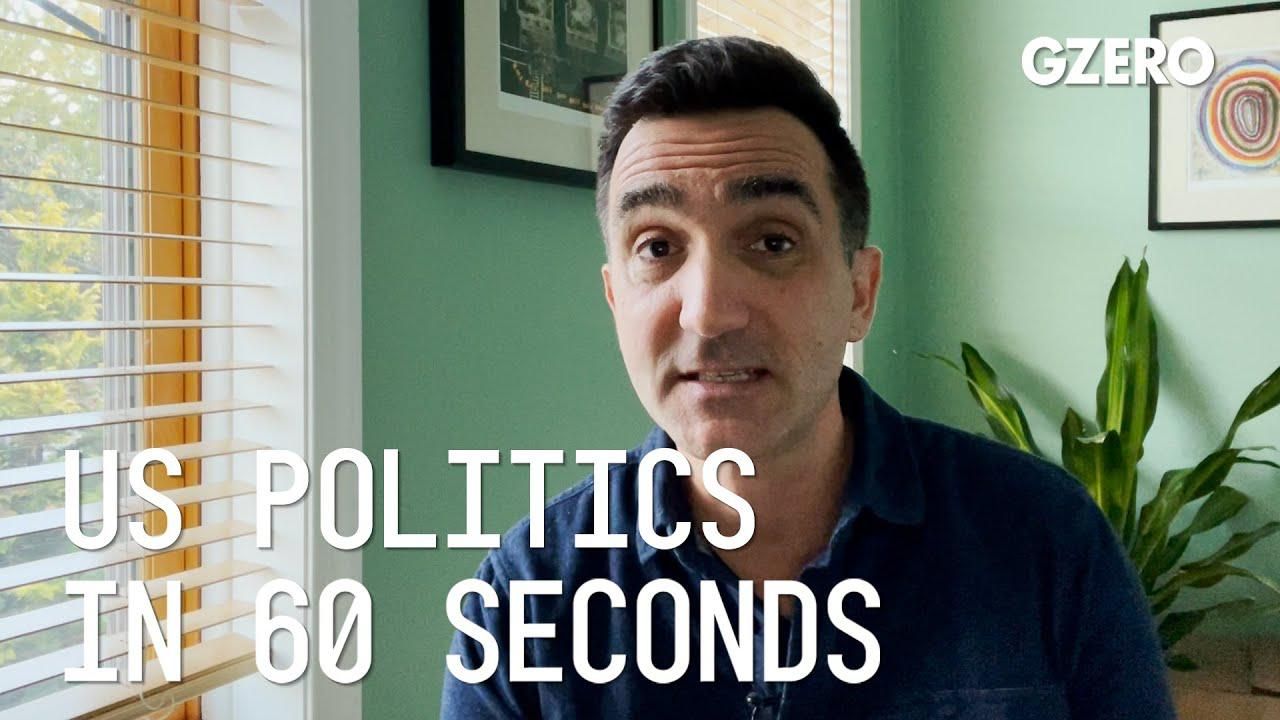US Politics In 60 Seconds
Biden sticks with Powell as Fed Chair amid rising inflation

Biden Sticks With Powell As Fed Chair Amid Rising Inflation | US Politics In :60 | GZERO Media

Jon Lieber, head of Eurasia Group's coverage of political and policy developments in Washington, shares insights on US politics:
Why did President Biden renominate Jay Powell to be the chairman of the Fed, and who's his No.2, Lael Brainard?
Well, Powell by all accounts has done a pretty good job of managing the Fed through the coronavirus pandemic. He dusted off the playbook, first pioneered by Chairman Bernanke during the financial crisis, and he's largely continued the relatively easy monetary policy of his predecessor at the Fed, now Treasury Secretary, Janet Yellen. With inflation growing the way it has over the last several months, Biden now owns the policies of the Fed and is essentially endorsing what Powell has been doing and giving Powell the political cover to continue to keep rates low for longer, or as many people expect, raise them slightly over the next 12 months in order to fight inflation.
Who is Lael Brainard? Well, she's a longstanding member of the Board of Governors. She was thought to be the favorite to replace Powell if President Biden decided to replace him, but instead Biden gave her a promotion to vice chair. The vice chair has sort of an amorphous role. The last Vice Chair, Rich Clarida, who leaves this post in February, had a significant role in rethinking how the Fed approaches periods when inflation runs a little bit hotter than they want it to, which means that structurally we're going to have more loose monetary policy for a longer period of time. Biden also has three other seats to fill on the board, including the vice chair over supervision, who if Biden follows in the footsteps of other financial regulators they've appointed, is likely to appoint somebody who's going to be tougher on banks, more skeptical of cryptocurrency and tough on things like fintech and payments. But those guys might face a hard time getting confirmed, unlike Powell and Brainard, who are likely to cruise to an easy confirmation sometime in the next couple of months.
At the 62nd Munich Security Conference in Munich, GZERO’s Tony Maciulis spoke with Benedikt Franke, Vice Chairman and CEO of the Munich Security Conference, to discuss whether the post-1945 global order is under strain or already unraveling.
Zelensky agrees: elections matter #PUPPETREGIME
As more small businesses move sales, payments, and customer relationships online, they unlock new opportunities, but they also become easier targets for cyber-criminals and other threat actors.
When Japanese Prime Minister Sanae Takaichi called snap elections last month, it was a big gamble. Holding a winter election just four months into her tenure with no real policy record to run on?